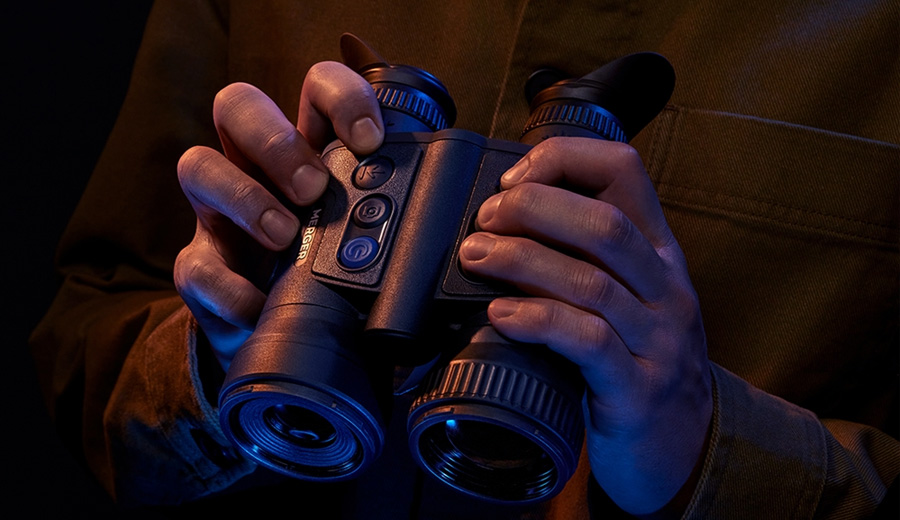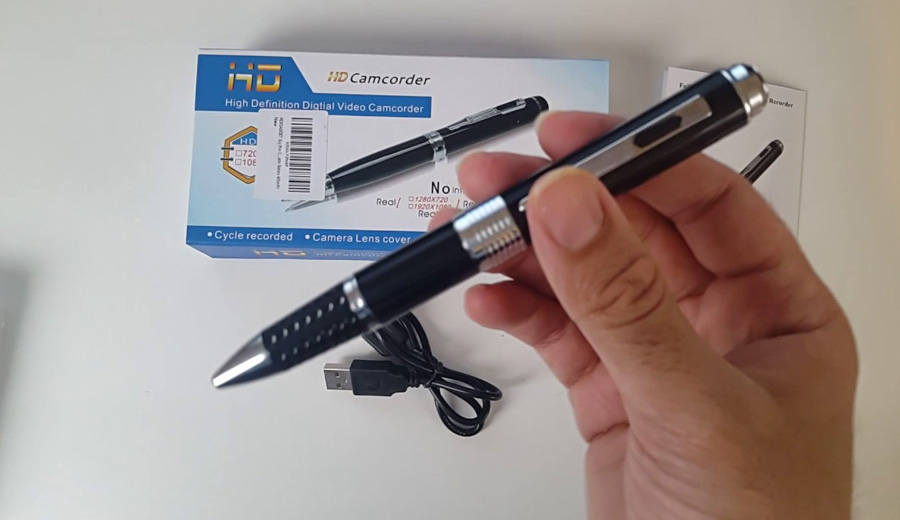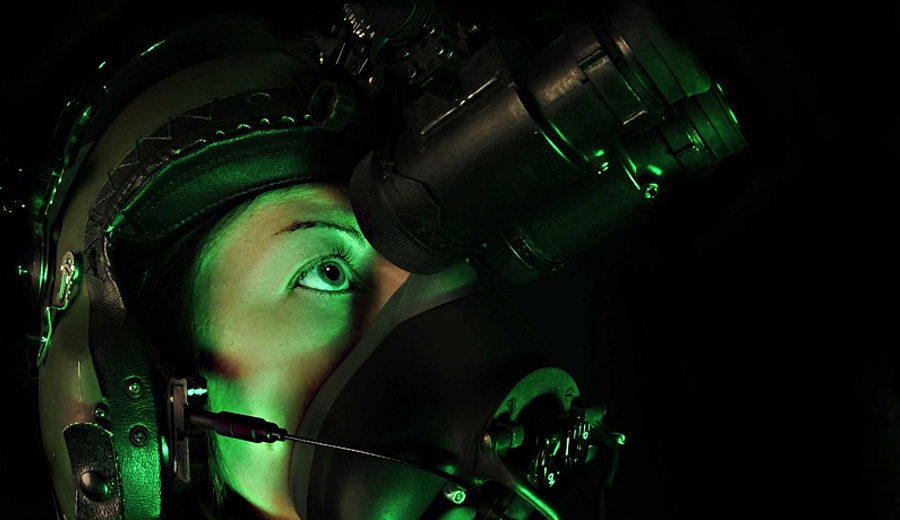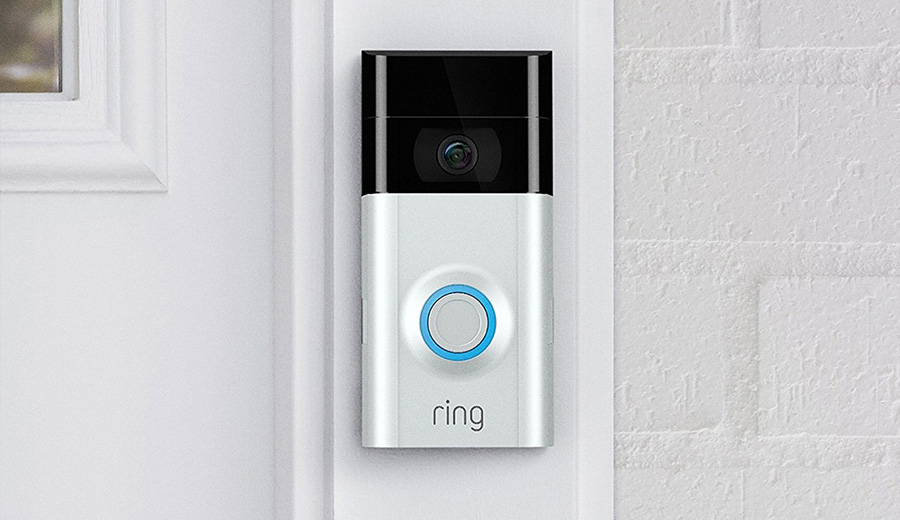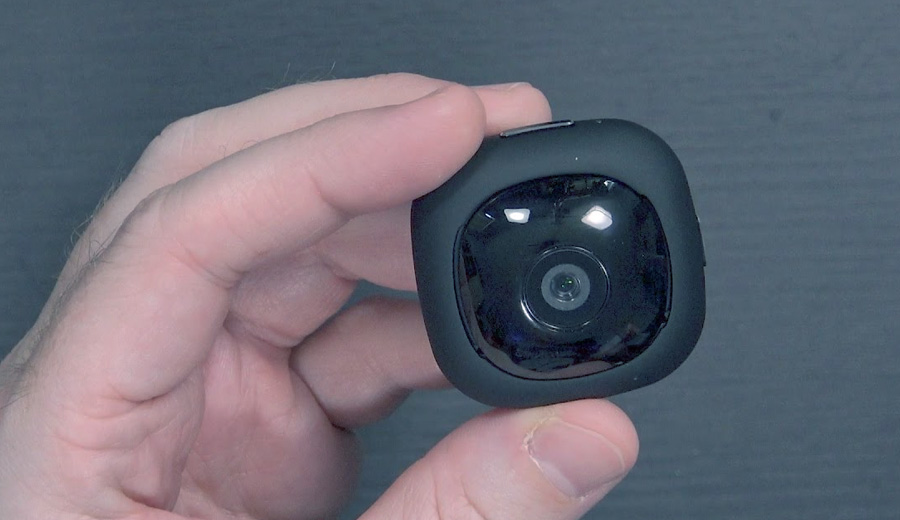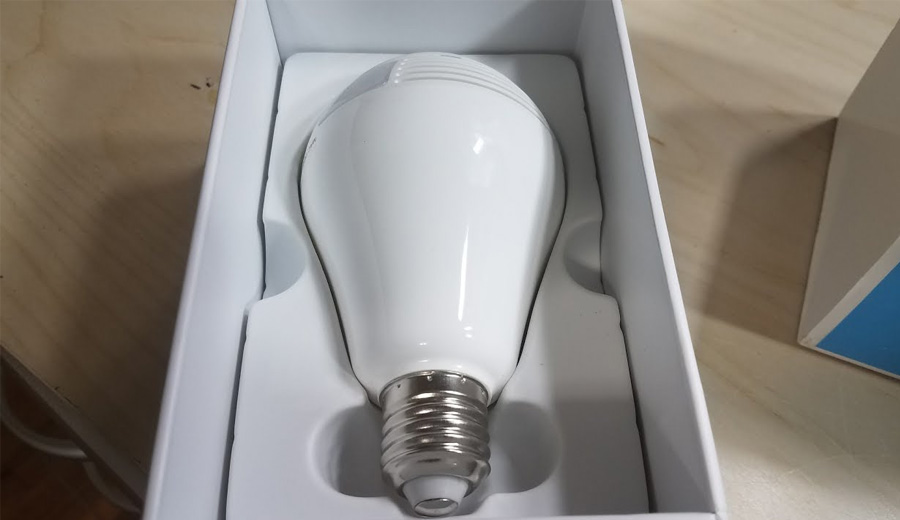The global population is getting older leading to a demand, for better and safer care services. Nursing homes are essential in providing support to individuals who may need help at a later stage in their lives.
However, it is crucial to address the considerations around privacy as we explore the elderly caretaking sector. Privacy is a right that applies to people of all ages.
This article examines the aspects of privacy in nursing homes. We’ll look into Importance of having spy cameras in elderly homes, as well as ethics when it comes to surveillance of our loved ones.
The Importance of Privacy
Privacy is a right that is constantly being challenged in this tech oriented, ever-encroaching surveillance society. It plays a role in preserving dignity by allowing individuals to have control over their personal information and choices.
For adults maintaining their privacy becomes more critical as they may become more vulnerable and dependent due to aging. In nursing homes, where residents can face cognitive challenges respecting their right to privacy becomes quite important for upholding their self-esteem.
Finding the Right Balance
Nursing homes strive to create supportive environments for their residents. It’s important to strike a delicate balance, between ensuring their wellbeing while respecting their privacy.
With advancements in security sector, surveillance systems have been introduced in nursing homes with the aim of enhancing safety and providing better protection for the residents.
However, it is crucial to consider the implementation of such systems to ensure that the privacy rights of older people in these facilities are not violated.
Ethical Challenges in Technological Integration
When it comes to integrating advanced technology in nursing homes like surveillance cameras, hidden nanny cameras or electronic health records, there are challenges that need to be addressed.
While surveillance cameras can enhance security, they also have the potential to compromise residents’ privacy if not thoughtfully and properly setup. Striking the balance between ensuring residents safety and respecting their autonomy calls for ethical guidelines and proper oversight.
Informed Consent and Decision Making
Respecting the autonomy of elderly home residents entails obtaining consent for various aspects of their care, including the use of surveillance technology.
Informed consent ensures that residents fully understand how their personal information will be used and allows them to make choices regarding their privacy. Nursing homes should prioritize communication with residents and their families fostering a culture of shared decision making that respects seniors’ independence in such cases.
Training and Education for Caregivers
The ethical considerations surrounding privacy in nursing homes go beyond implementing security spy cameras. Caregivers such as nurses and support staff play an important role in upholding the privacy rights of these residents. It is essential to establish ethical training and education programs that equip caregivers, with the knowledge and skills needed to navigate the landscape involved in caring for older people.
This involves acknowledging the significance of respecting the privacy of residents obtaining their informed consent and addressing the needs of each individual.
Establishing Ethical Policies and Standards
To tackle the aspects of privacy, in nursing homes it is crucial to establish policies and standards. These guidelines should be based on principles that prioritize resident’s wellbeing and autonomy.
Ethical frameworks should cover areas such as technology use, informed consent and striking a balance between care and surveillance. Regular reviews and updates of these policies ensure their relevance and effectiveness in the evolving landscape of care.
Cultivating a Culture of Respect
In essence creating a framework for privacy in nursing homes goes beyond rules and regulations; it requires cultivating a culture rooted in respect. Caregivers, administrators and all staff members must demonstrate commitment to treating residents with dignity while recognizing the significance of privacy in enhancing their quality of life.
This culture of respect should permeate every aspect of the nursing home environment. From interactions to technology usage and policy formulation.
Conclusion
Providing care for individuals, in nursing homes presents challenges especially when it comes to addressing ethical considerations surrounding the use of surveillance cameras or hidden spy cameras.
As our society ages it is important to approach the care of individuals with a deep commitment, to honoring their dignity and personal freedom. Finding the balance between providing care and respecting privacy requires thought obtaining informed consent and establishing ethical policies that prioritize the well-being of those who have made significant contributions to our community.
In the realm where technology and caregiving intersect it is crucial that we always prioritize the rights and privacy of adults ensuring that their later years are marked by dignity, respect and a sense of control, over their lives.


